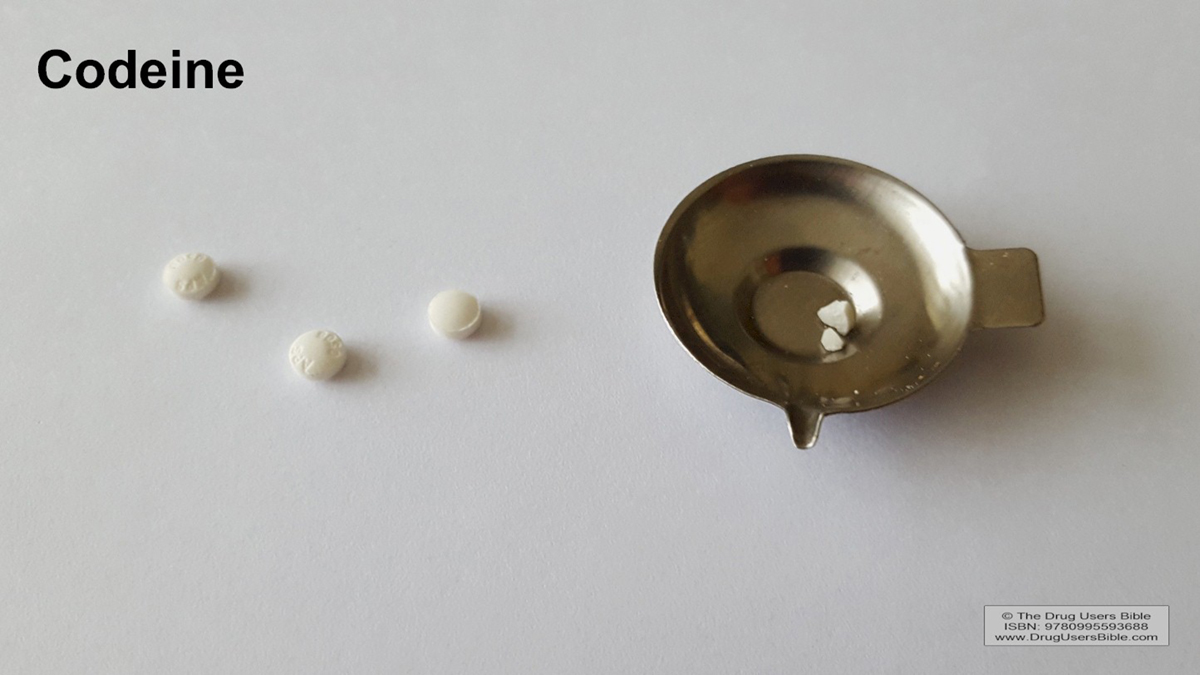
Codeine is actually one of the most used morphine derivates, and also known under the name methylmorphine or epoxy-3-methoxy-17-methyl-morphinan-6-ol. With heroin, this drug belongs to the group of medications called opiates. All opiates, including codeine, express effects similar to morphine’s on the human body.
This medication can be used only orally and not in the form of injections. It is also considered to be safe for use, and with much less dependence risk than morphine, hydrocodone or oxycodone. Injection of codeine given to the vein is known to cause serious problems, such as swelling of the face, pulmonary edema, excess release of histamine or even some heart-related problems.
Codeine takes from 10 to 30 minutes to take effect, and then usually lasts some 4 to 6 hours after that, mainly depending on the given dose.
Codeine Use
This drug is usually prescribed as the pain killer, in mild to moderate pains. It is often combined with acetaminophen, Tylenol, Aspirin, ibuprofen or some other non-steroid anti inflammatory drugs (NSAIDs), for even better pain management. Codeine can be also used for the treatment of diarrhea, irritable bowel syndrome and cough. However, some consider codeine inefficient in small doses, normally used for the cough treatment. Additionally, some doctors might prescribe codeine to patients suffering from narcolepsy.
Health Problems Related to Codeine
There are some potential side effects associated with codeine, including constipation, somnolence (sleeping problem) and dry mouth, as the most common problems. As probably the most serious adverse effects, patients using codeine might experience respiratory depression disorder, frequent in people that used too much of the medication (overdosed).
Pregnant women using codeine must consult their doctors about the potential dangers for theirs and the health of their unborn child. Codeine is not suitable for breastfeeding mothers, since it can be passed through the milk and harm the newborn. The baby could have severe breathing difficulties and the condition could end up fatally.
Never mix alcohol and codeine, because it may affect your thinking and cause some other unwanted effects.
Tolerance and Addiction
Tolerance is developed over the continuous use of codeine, and these people experience the need to increase the dosage of the drug in order to produce similar effects.
Codeine is known as the substance which can cause addiction in people abusing this medication. More than that, it can cause dependency even in people using codeine as prescribed. All patients should be aware of that potential danger.
People who stopped using codeine abruptly and those who stopped because of the addiction can experience some withdrawal effects. These are: runny nose, muscle cramps and pains, headaches, nausea, vomiting, fever, sweating, weakness and even sleeping problems in some cases.





_f_280x120.jpg)










Your thoughts on this
Loading...